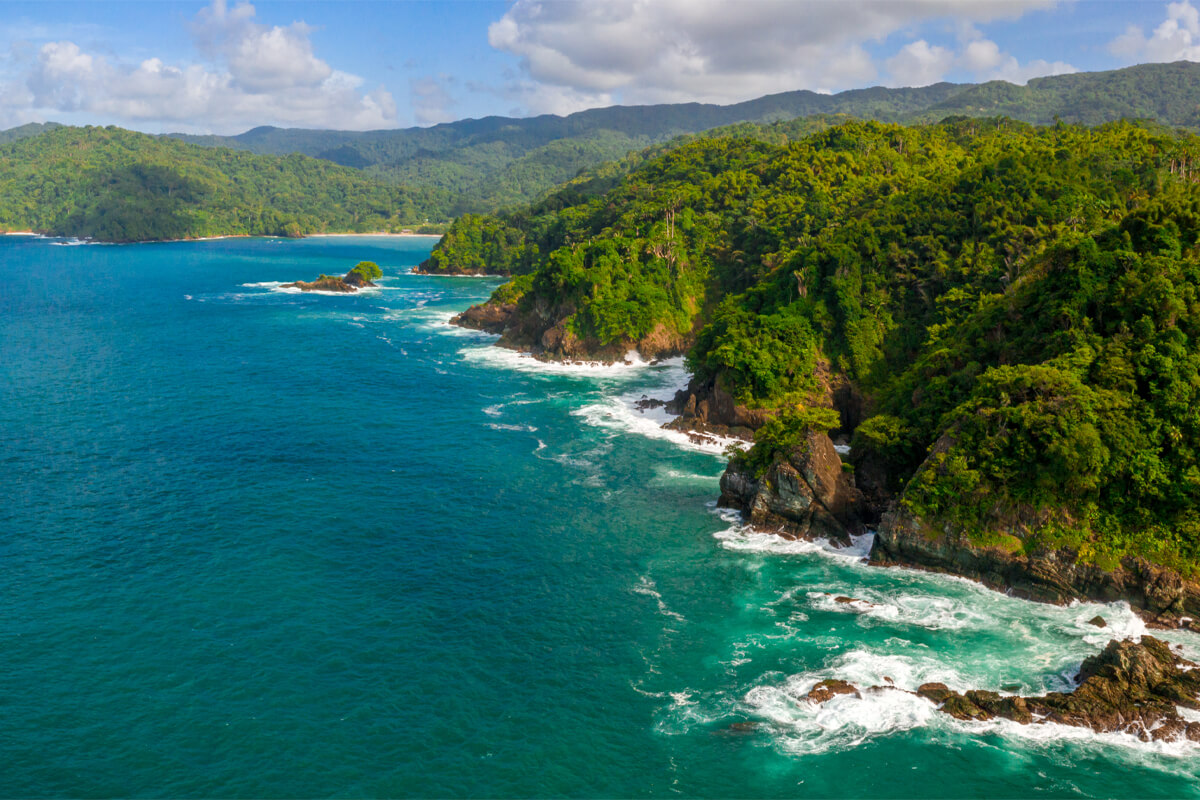The Ultimate House Viewing Checklist for Buyers
06 Jan
Please wait...
14 Dec

The planning and development minister, Camille Robinson-Regis, announced participation in the US project, “Implementing Sustainable Low and Non-chemical Development in Small Islands Developing States.” The acronym for this $11 million project is ISLANDS.
This global project aims to unlock resources to implement measures regarding chemical waste and pollution. Trinidad and Tobago’s participation in ISLANDS will benefit them in four major areas.
As well as Trinidad and Tobago, ISLANDS involves Caribbean countries including Antigua and Barbuda, Barbados, Bermuda, Dominican Republic, Guyana, St Kitts, and Nevis, Saint Lucia, Suriname, and more.
“The USD 450 million ISLANDS program seeks to implement regional and national solutions for preventing and managing waste and pollution in SIDS.” And “In the Caribbean region, the initiative aims to eliminate over 9,000 metric tons of contaminated material and more than 150,000 metric tons of marine litter.” – SDG Knowledge Hub, ISSD
The project will eliminate organic pollutants, pesticides and manage e-waste and end-of-life vehicles. It will improve control over the import of products, help sustain sanitary landfills and sustainable food production, and promote sustainable consumption economically.
In fact, the globe is becoming more and more intolerant of illegal waste trafficking and the accumulation of plastic in our oceans.
With such grand efforts to remove marine litter, the oceans will thrive, coral reefs will not be damaged, and tourism will grow.
It should be noted that this is one of the most significant investments made by the Global Environment Facility Waste and Chemicals Focus Area. In addition, the United Nations Environment Program and the Food and Agricultural Organization of the United Nations are implementing the program. And the Basel Convention Regional Centre for Training and Technology Transfer for the Caribbean will serve as the executing agency for the mass effort.
CITED: Caribbeannewsglobal.com, sdg.iisd.org